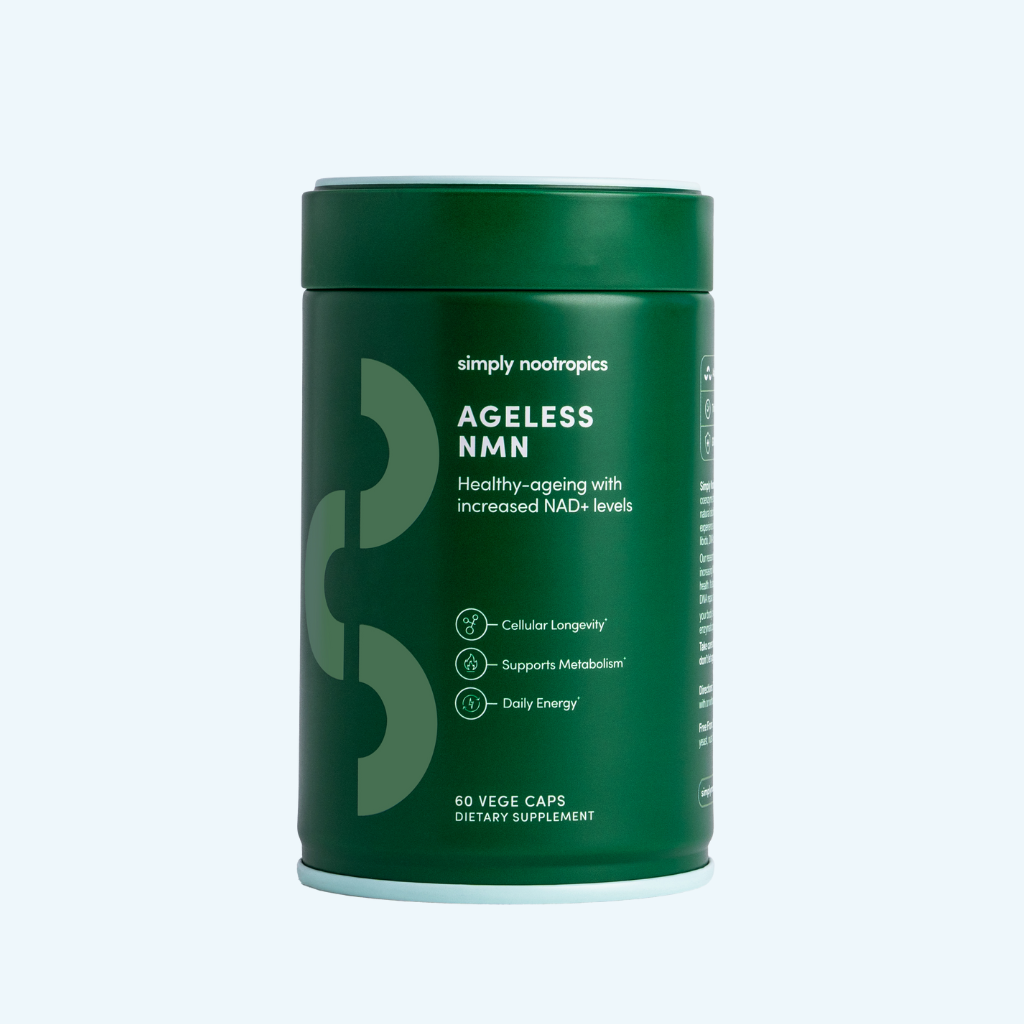Rhodiola rosea, also known as the golden root, gets its name both from its golden hue and its remarkable medicinal properties. It’s a perennial flowering plant that primarily grows in the cold, mountainous regions of Europe and Asia, particularly in Siberia. The plant's ability to thrive in such harsh conditions says a lot about its resilience, mirrored in its adaptogenic properties. The root of the Rhodiola plant is the part that is typically used for medicinal purposes.
For centuries, people in Russia, Scandinavia, and other parts of Eastern Europe have used Rhodiola rosea to combat fatigue, increase stamina, and improve mood. Fun fact: Russian cosmonauts and Olympic athletes were given Rhodiola rosea to improve their performance and fight the stress of their demanding routines. Today, Rhodiola extract is available in various forms, including capsules, powders, and teas, making it accessible to anyone looking to benefit from this powerful herb.
The Science Behind Rhodiola Rosea
Rhodiola rosea benefits are due to its unique blend of active compounds, particularly rosavin, salidroside, and tyrosol. These compounds work together to produce a range of effects that help the body adapt to stress, improve mental performance, and enhance physical endurance.
-
Adaptogenic Properties:
Adaptogenic herbs like Rhodiola rosea help the body resist physical, chemical, and biological stressors. They work by modulating the stress response system, particularly the hypothalamic-pituitary-adrenal (HPA) axis, which handles how the body reacts to stress. Since Rhodiola rosea balances cortisol levels (the body's primary stress hormone), Rhodiola rosea helps reduce the harmful effects of stress, such as fatigue, anxiety, and weakened immune function. -
Neuroprotective Effects:
Rhodiola rosea benefits on the brain is one of its most exciting aspects. The active compounds in Rhodiola rosea have been shown to influence neurotransmitters like serotonin, dopamine, and norepinephrine, regulate mood and cognitive function. This means that Rhodiola extract can help improve mood, reduce symptoms of depression, and enhance cognitive performance.
Rhodiola rosea can especially be good for those who are under constant stress, as chronic stress can weaken the immune system and make you more susceptible to colds, flu, and other health issues.
-
Anti-Fatigue Effects:
One of the most well-documented effects of Rhodiola extract is its ability to combat fatigue, particularly mental fatigue. Studies have shown that Rhodiola rosea can reduce feelings of exhaustion, and improve the ability to concentrate, especially in situations of prolonged stress or intense mental work. -
Antioxidant Activity:
Rhodiola rosea, like other adaptogenic herbs, also has antioxidant properties, which help protect cells from damage caused by free radicals. This can reduce inflammation and support overall cellular health, contributing to the herb's anti-aging effects and its role in protecting against chronic diseases.
The Study
A study published in 2022 explored the effects of Rhodiola rosea on cognitive performance, mental fatigue, and mood disorders such as anxiety and depression. The study involved participants who were administered Rhodiola extract over a specific period, and their cognitive abilities and emotional states were closely monitored.
The results showed significant improvements in cognitive tasks, including more mental clarity, better concentration, and a reduction in mental fatigue. Participants also reported a noticeable decrease in symptoms of anxiety and depression, suggesting that a Rhodiola rosea supplement could be an effective natural way for improving both mental performance and emotional well-being.
The study's findings show Rhodiola rosea benefits due to its active compounds like salidroside and rosavin. These compounds appear to modulate the levels of neurotransmitters such as serotonin, dopamine, and norepinephrine, which play crucial roles in mood regulation and cognitive function.
The study concluded that Rhodiola extract might really offer a valuable alternative or complement to traditional treatments for cognitive decline and mood disorders, with fewer side effects than conventional medications. This research adds to the growing body of evidence supporting the use of Rhodiola rosea as a safe and effective supplement for enhancing brain health and managing stress-related conditions.
How to Use Rhodiola Rosea
If you're interested in this herb, it's important to choose the best Rhodiola rosea supplement to ensure you're getting the full range of benefits. The good thing is that you can take Rhodiola rosea in various forms, including capsules, powders, and teas.
Rhodiola rosea teas are particularly popular for those who prefer a natural and soothing way to incorporate this adaptogen into their daily routine. These teas not only offer all the Rhodiola rosea benefits but also provide a calming ritual that can help reduce stress and promote relaxation. For best results, it's typically recommended to take Rhodiola extract in the morning or early afternoon, as taking it too late in the day can interfere with sleep due to its energising effects.
Last but not least, keep your eyes open for a new product from Simply Nootropics coming soon… it might feature the best Rhodiola rosea supplement designed to maximise all these benefits!

















